

 The SFFaudio Podcast #659 – The Shadow Of The Vulture by Robert E. Howard; read by Connor Kaye
The SFFaudio Podcast #659 – The Shadow Of The Vulture by Robert E. Howard; read by Connor Kaye
This unabridged reading of the story (1 hours 38 minutes) is followed by a discussion of it.
Participants in the discussion include Jesse, Trish E. Matson, Connor Kaye, Alex, and Chris Schweizer
Talked about on today’s show:
The Magic Carpet, January 1934, some public domain, the output of Lovecraft was a quarter of Robert E. Howard, not counting the letters, trying to make a living, a day job, write letter every 5 minutes, not into the marketing, rich stories, shocking, detective stories, fight stories, sailor stories, comedy, his weakest genre, historical adventure, salivating over every remaining sentence, everybody comes to Howard through Conan or his Lovecraftian output, at least 6 stories that are Lovecraftian stories, The Black Stone, The Thing On The Roof, he really doesn’t want to get to the action does he?, finally!, why is it that this other stuff doesn’t grab us in the same way?, we’re all stupid and lazy, the Siege Of Vienna, which one, the final chapter is a mirror of the first chapter, the amount of historical work he has to do, tons of research, doing his best to get the clothes right and the names, a Serbian knight, a real incident, he thinks its awesome, take slaves, Suleiman the magnificent, a slaving expedition, our Conan equivalent is crying, go to the bar and have some ale, we’re setup for WWI, the Astro-Hungarian empire, filling in history for us, making history really interesting through fiction, a Catholic school, WWI and Saskatchewan, opinions or ideas, favourite stories, Blue Flame Of Vengeance, she comes out of nowhere, until Sonya shows up, the love interest gets heart stabbed, motivated for some vengeance, she’s not into you, she’s the hero of this story, he never saves her, Godfried, some good characters, a big drunk dummy, unstoppable Hercules, kill a hundred men on the wall, tricked at the easiest thing, hyper competent in one arena, he needs somebody to take care of him, a big dumb oaf, mutually beneficial?, all those Janissaries is a few too many, dog-brother, that word “dog”, John Sladek, parodying their writing, Solar Shoe Salesman, hawk nose, pantherish, condor wings, he actually has them!, that 1500s era, those Polish knights, Victoria’s Secret wings, literally described, Connor’s conspiracy theory, try to wrangle the history into a story format, the coolest kind of things, she’s a historical figure, give Roxelana a sister, we can kind of have that aspect, Hardcore History, 16th century, the Battle vs. the Siege of Vienna, Turkish forces trying to get into Europe, the Polish hussars, a cavalry charge, very Riders Of Rohan, too cool not to include, maybe that’s where it came from, a twitter bot that does Doctor Who episode titles, shadow, blood, ISFDB.org, seven stories with “shadow” in the title, crimson, scarlet, red, what visuals he wants to throw in, a guy who is literally a vulture, picking over the bones of a battle, backstory, personally scarred the emperor, leaving with a bag of gold, a chestful of head, if I don’t come back with his head…, that promise is fulfilled, we as the readers know it, beautiful symmetry, any old WWII movie that fits the facts, historical fiction vs. Quentin Tarantino WWII, he got the word right, what an amazing talent, probably wrote it in a weekend, Chris is in a really rural area, how difficult it was to find the material for historical fiction, so much of a struggle, faking historical fiction through, the Crogan Adventures, stories of personal family history told through history, this is the book where he got this, he probably had three books, reverse engineering Howard’s research, talk about the animals, vultures, dogs, the Conan adaptation, Sword and Sorcery, all the best parts are extrapolations or adaptations of actual text, Conan is trussed up, look at all you dogs, the cur has pups, how Conan feels when this woman is as good as him (or better), a dog barks at him, show not tell, our Germanic dumb guy, we become him, this lady shows us up, Conan The Barbarian #23, the Red Sonja – Conan relationship is huge and long, that relationship is entirely from the relationship in this story, the dynamic between them, all the ladies who don’t pick up swords in Conan stories, Jim Zub, it doesn’t zing at all, these are philosophical stories about how to be, freely adapted, they fly, in the comic adaptation, one panel in the comic, it ends the same way, a cutaway before the fight, very literary, the low that comics lend themselves to, kinda like Elmore Leonard, Justified and Jackie Brown, leaning in to what makes it unique vs. leaning into the surface details, Conan as a franchise, this is the Brotherhood without Banners in Khitai, a flaming sword, gunpowder, the Chinese witch, the letters are nordic runes, you’ve made a huge mistake, the source is the character, old west stories, Miami stories, take a Breckenridge Elkins pilot and work it into Conan, Sailor Steve Costigan, L. Sprague De Camp, the Afghanistan stories, the Middle Eastern stories, Oriental Stories, Magic Carpet, anywhere east of Austria is the orient, Swordwoman, Dark Agnes, highly prized assassin, shoehorned into Red Sonja, Conan The King, this Kull character, its not character its the author, Dan Panosian’s Drink And Draw, a character is an image, the backstory of philosophy, why Thongor doesn’t work, Ka-Zar is a knock-off Tarzan, the creation of a dynamic, the Sonja Conan dynamic came out of this story, the German dumb-guy viewpoint character is us, he’s played for comic relief, drunk and waving away the host, the place is on fire, and then she dies, the second time he gets drunk, able bodied men are drafted for grunt work, build a wall or whatever, setting the characters aside, what the city looks like, fabulous, when the final chapter comes, the city of Istanbul again, identical sentences?, the city so brightly lit that it doesn’t know night, the first city that’s on fire, an amazing writer, he mustabin born with it, super-young, only 30 years old, Connor has a lot of writing to do, good set-pieces, mirroring, a pleasing way, the descriptions of Istanbul at the end, we pretty much know what happened, all of Chapter 7 is 10 straight minutes, you really settle into it, all the crazy stuff this insanely rich sultan can put on, making himself feel better, propaganda, Beyond The Black River, an analogy for the Texas frontier, Comanches and Mexicans, working a historical fiction based, Aquilonia, this history is visceral, stretches forward to the present, it stretches back in history, after Charlemagne, before WWI, the Janissaries, 1000,000 child slaves brainwashed into becoming the elite fighters for a reverse crusade, all these placenames, Shem is probably supposed to be Judea, is Ophir Greece?, we need to be trained to read Robert E. Howard’s other stuff, the familiarity of the placenames, reading historical fiction through the context of films, the rusty nail, the helmet, really rare in historical fiction, and he did it in 90 minutes, James Michener’s Hawaii, Shogun, Pearl Harbor, big whopping book, complete in this issue, it doesn’t feel rushes, its leisurely at the end, struck by the resolution, send a message, the whisper, you’re going to go on a mission for me, you don’t really need the intrigue, more time with the other neat things, his pacing is amazing, spoilers make me want to read the story, why is it you should read this, the main character shows up half-way through the book, you’re selling me, looking through and finding things, the 70 year old captain mentioned in passing, real good at swinging his big sword, you are in this place, historical action fiction, the Bernard Cornwall move, Richard Sharpe, Forrest Gump his way to victory, we know this but we never notice it, always lower class going up, never top down, making their way in the world today and getting everything they got, kings by their own hand, manifest destiny, major ambition is get some booze, sister revenge, dragged away, guestemation, when people get enslaved…, your parents are murdered by the guy you’re sleeping with, works in both directions, Christians and Muslims are not allowed to enslave their own, her parents, her family, her village, why she would be incredibly angry, her son is the next sultan, took advantage, something to admire in Roxelana, a kind of a revenge, its a philosophy of how to be, the Janissaries vs. the women, the whole village won’t fit on my horse, a psychological mirror for what happened to Sonya and her family, becoming a whipped dog, the whipped dog that obeys its master, a personal philosophy vs. a nationalist philosophy, the gold rush, by you’re own hard work, it is our destiny as a nation, American Exceptionalism, go west young man, the “freest country in the world”, its all merit, these are all lies, they have good jobs and no balls (the eunuchs), they steal all the scholars and make them tutors for their kids, the tutors are slaves, they lose their name, their name becomes that of their master, a brutal relationship, wanting to cancel Robert E. Howard, everybody knows about Lovecraft being public domain, Robert E. Howard is perceived to be under copyright, Ablaze’s The Cimmerian series, hey this is popular… can we cancel it?, things to disrespect, his messages aren’t women should be dis-empowered and shut up, physically strong and mentally strong, the Dark Agnes stories are in the first person, unusual for Robert E. Howard, Brekenridge Elknins is in the first person, a doofus farm boy, why are Agnes’ stories from the first person POV?, forced into a marriage, three more years and you can record them, the copyright rules (for the USA and Canada), characters vs. stories, Sailor Steve Costigan, Ian Fleming’s James Bond (novels) is all public domain, 1934, what market was he trying to sell it to?, it wasn’t going to go for Weird Tales, Argosy might have published it, Adventure, timeline stuff, the archetype of the red headed warrior woman, C.L. Moore’s Jirel Of Joiry, similar to Agnes, an archytype that pops up again and again, red haired warrior women, Novalyne Price Ellis, The Whole Wide World (1996), you have to know what you’re getting, the introduction by Leigh Brackett to Sword Woman by Robert E. Howard, it is interesting to speculate, he had read Black God’s Shadow, which character was first conceived, their martial ladies, Joan of Arc, saintliness is not a quality of either heroine, very different, Jirel is passive in terms of being restrained, Jirel is all in her head, the red flame of vengeance, one is highborn and the girl from a town of 14 families, under a steel cap, rebellious tresses, the lingering looks on these body parts, the only time we see Red Sonja dressed like that, chain-mail bikini or blue blouse, a brace of pistols, a long Hungarian saber, a carelessly thrown cape, Chris’s picture, the Frank Thorne style Red Sonja, very different characters, everybody is close to nude, the visual medium, showing heroes fighting, showing how heroic these guys are, its comics, loving both, Chris has an amazing way with watercolours, Howard doing Falstaff, take advantage of his rich friends crusader, honor retribution, a franchise built around this character, immediately gravitate and love his characters, there’s a reason we know the names of his characters, Cormac Fitzgeoffrey should have a big Punisher skull on his jerkin, El Borak is smaller than everybody else, these are not mary suey characters, fairytale versions of the fool stumbling their way through life, The Brave Little Tailor, Jack And The Beanstalk, archetypes of the prince, the fools, the peasants telling the fairy tales [folk tales], different ways people can win, villains aka the poors, who’s the target audience for these pulp magazines, a whole lot of fun, what are we doing next, Skull-Face is pretty long, Graveyard Rats by Robert E. Howard, The Sword Of Shahrazar by Robert E. Howard, Almuric, the unfinished dregs vs. the stuff that is complete, the Amra story, all Conan stories are public domain now, the Klinger case, trademark vs. copyright, English versions of French comics, Diamond Distribution, some “negotiations”, you can’t use “CONAN” on the front of your comics, some features about Sherlock Holmes … fucking bullshit, the estate vs. the heirs, know what you’re talking about and having backbone, the HPLHS, almost nothing by Lovecraft isn’t public domain, there’s a company out there that will license it, “official”, some edge cases, The Shadow, writing under a house name as a work for hire, the Red Sonja (1985) movie, it has fake Conan, Arnold Schwarzenegger playing “not-Conan”, he’s totally Conan, its not good, Conan The Barbarian vs. Conan The Destroyer, Richard Fleischer, George MacDonald Fraser, The Three Musketeer movies from the 1970s, VLC player, Red Sonja in black and white is a much better movie, cheap practical effects, mute the dialogue, keep the Ennio Morricone soundtrack, add subtitles to fix the dialogue, Prince Tarn, Zula is a dude in the Conan comics, another female, Grace Jones is great in every movie, Christopher Walken, the old tropes you forgot about, so big into yellow peril, Fu Manchu, Shang Chi, yet another Conan show, a Red Sonja TV show, chain-mail bikini will not translate to film, peplum armor, a rockin’ mullet, wooden acting, nonsensical story, the sets and costumes were fantastic, Sandahl Bergman, there are good scenes in Conan the Destroyer, this whining princess, Wilt Chamberlain, pulling the guy’s horn, Superman II, the evil queen, Olivia d’Abo, 16 and sleeping with the producer, the costumes, charismatic on screen, little 15 minute stories, a toll-road, it doesn’t fit into the larger story, the Harry Potter movies are scene based, the first Conan movie is none of the Conan stories, The Witch Shall Be Born, The Tower Of The Elephant, he goes to Khitai, the most famous line is from Genghis Khan, it gives you the taste, that is another story, The Buckaroo Banzai ending, Connor’s narration was excellent, structural, Marvel Movies, a giant train chase at the end, the set piece action in the second third, the climax is much smaller, Kill Bill, a more immediate and small struggle, the climax is when Sonya rescues him from two dudes, keep establishing larger and larger stakes, the suddenness of the ending, Ogloo, his death is off-screen, a metaphor just for war and destruction, the thunder of guns, the real enemy was the vizier, the proxy for Suleiman, having confidence in your readership vs. thinking you’re smarter than your readers, a really satisfying shock of the head, endings are really important, the screenplay for All Quiet On The Western Front, the Marvel method for Marvel Movies, the giant fight club thing at the end, how the whole Marvel universe works, I’m glad its overwith, ending with the front being quiet and a butterfly, a traditional symbol of people’s spirits flying to heaven, going back to the title, aka he’s a ghost, he knows what he’s doing, the title is important, how noisy are those butterfly wings, The Lack with Benjamin Studebaker, really smart and not my friend, The Man Who Shot Liberty Valance (1962), Lee Marvin and Jimmy Stewart and John Wayne, two ways or three ways of being a man, the John Wayne way and the Jimmy Stewart way or the Liberty Valance way, a movie that has confidence in its audience, Lee Marvin is a force of nature himself, a John Buchan weird tale from 1901, Fill It With Regular by Michael Shea, The Mystery Of Sylmare by Hugh Irish, “my idea of a weird tale” – H.P. Lovecraft.

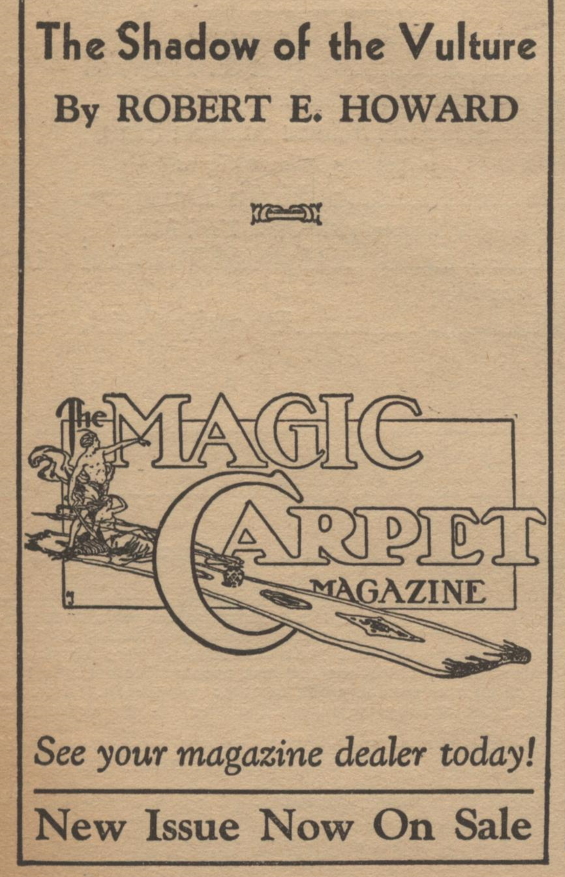
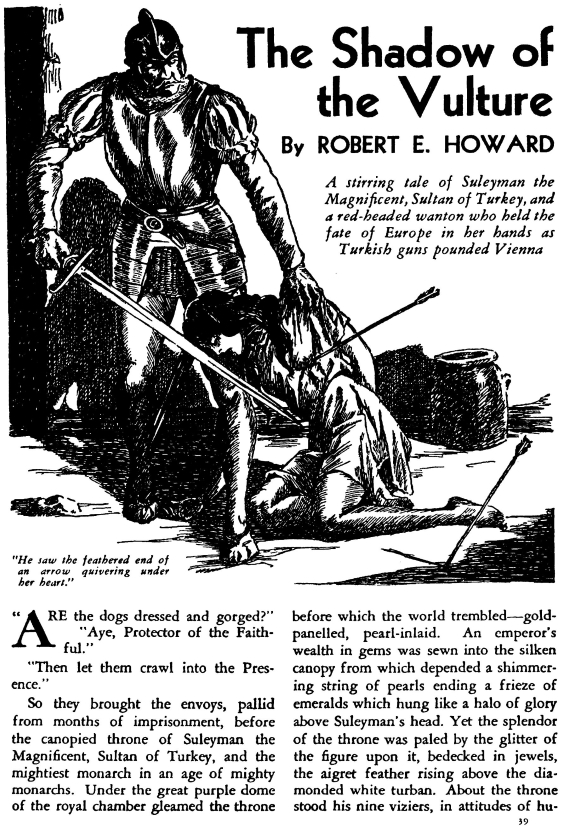
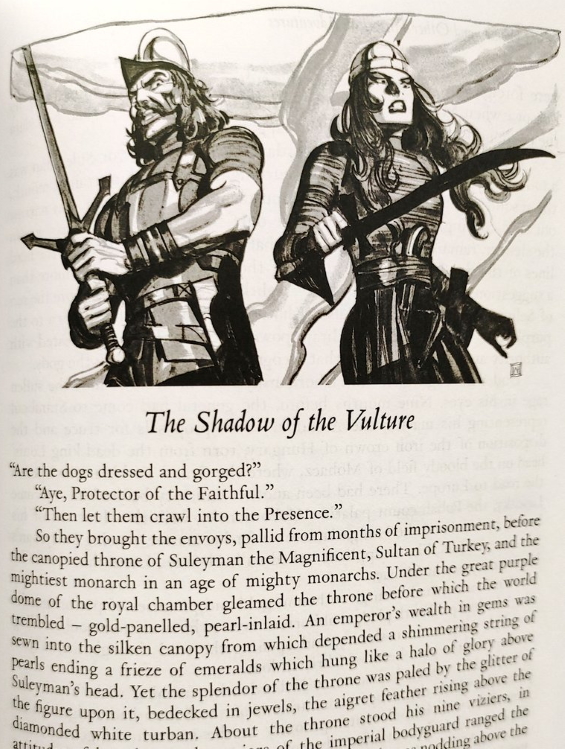
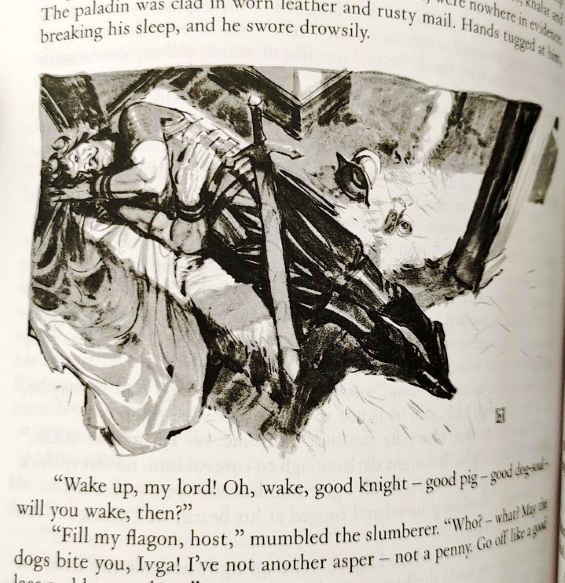
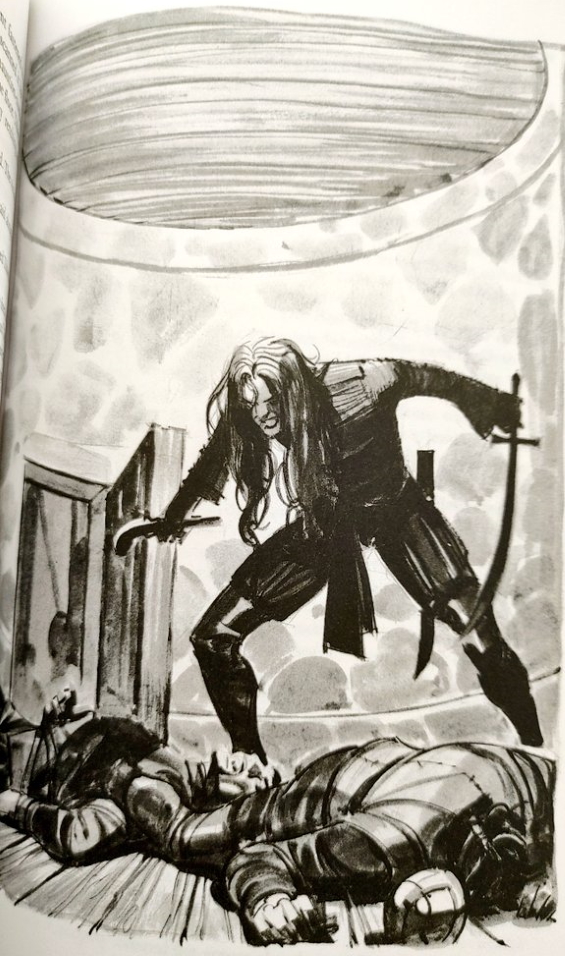
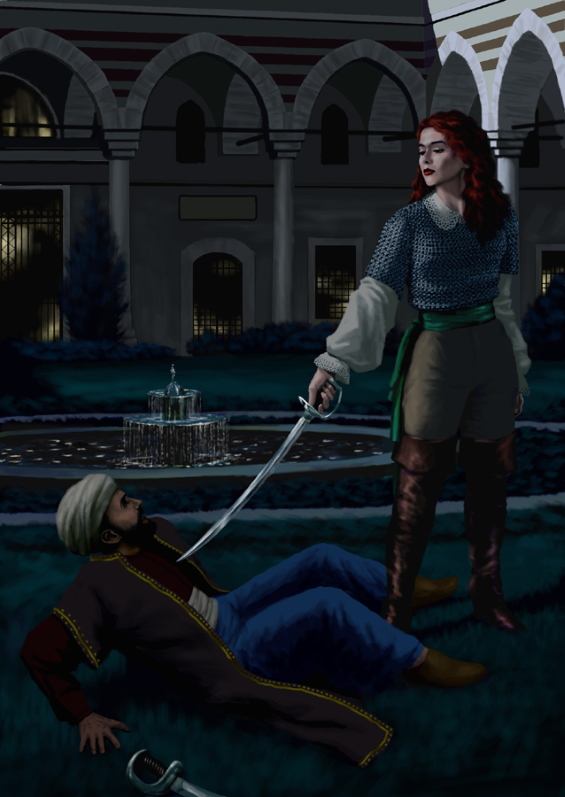

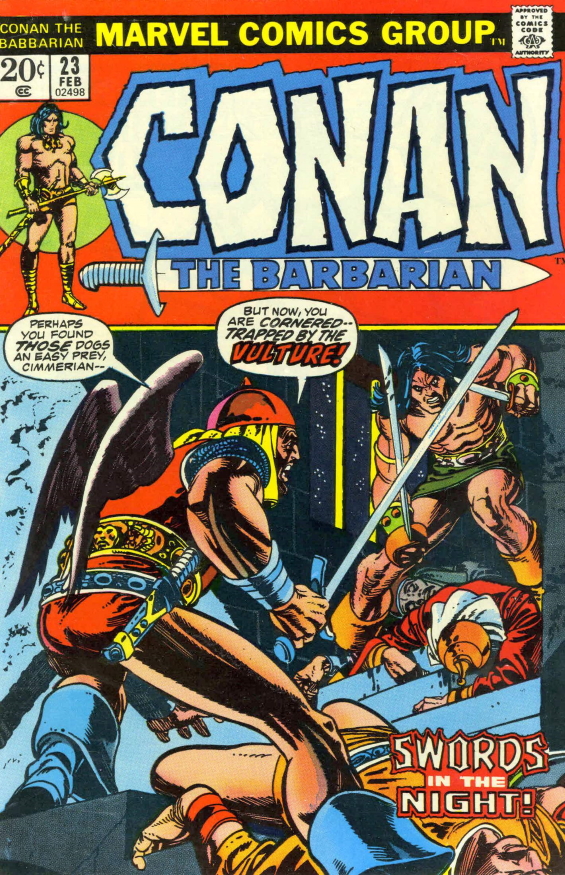
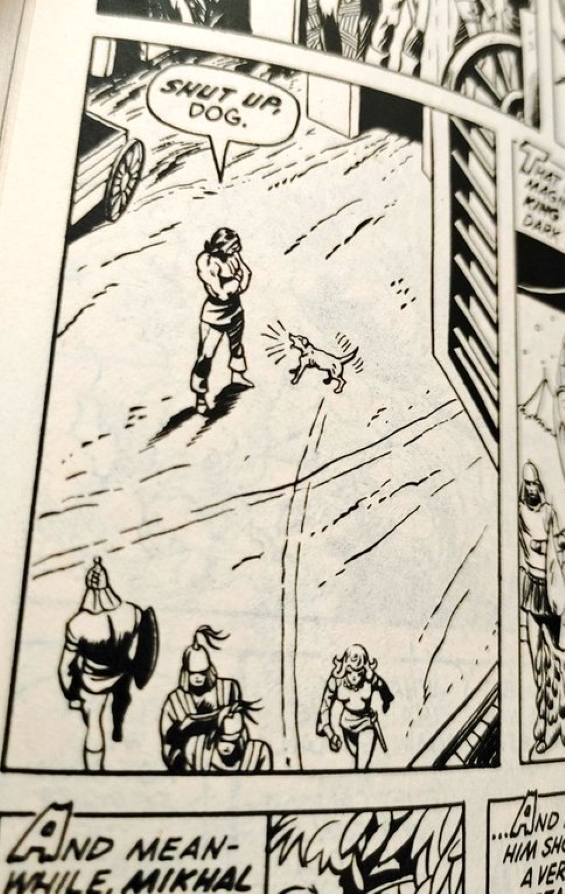
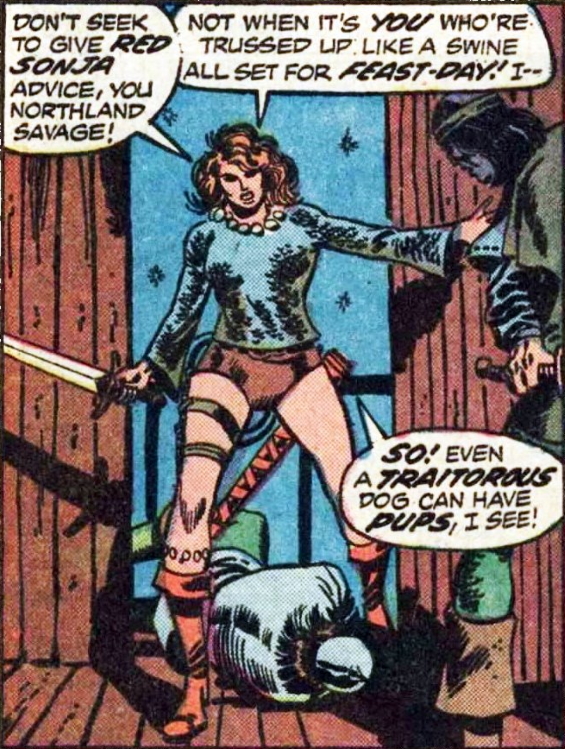
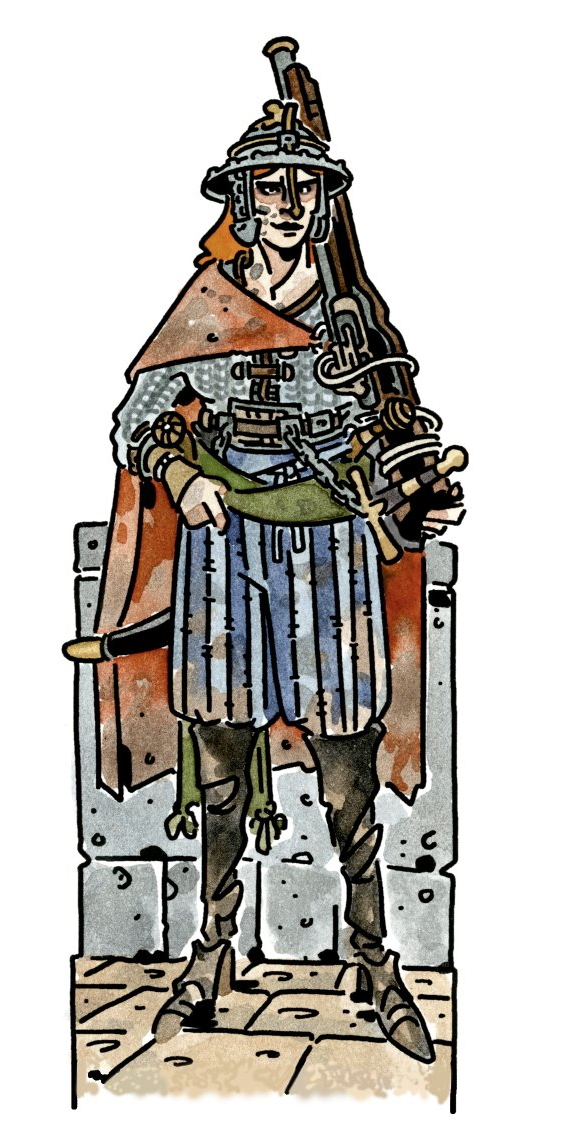
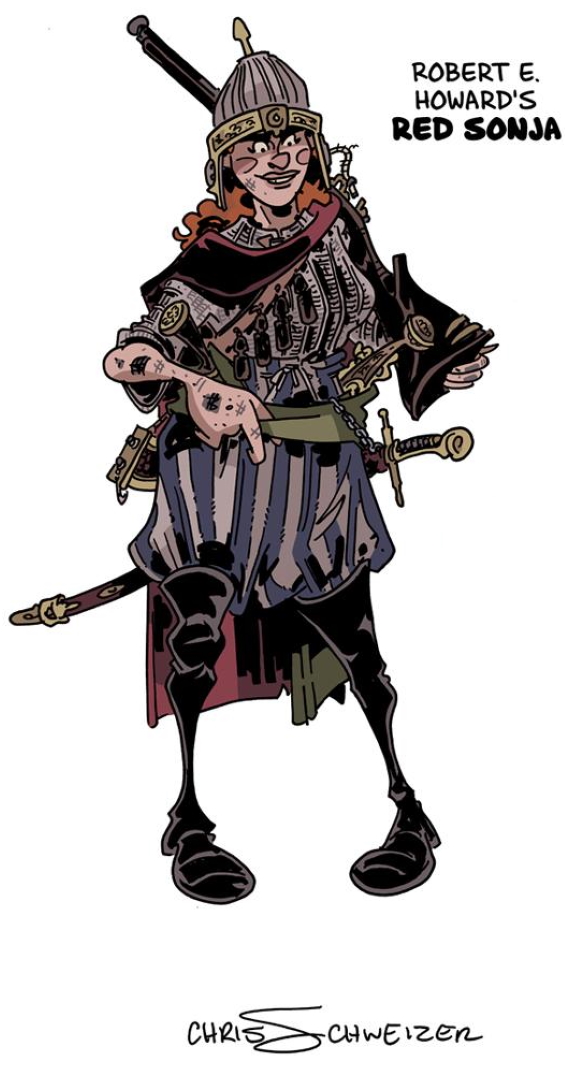
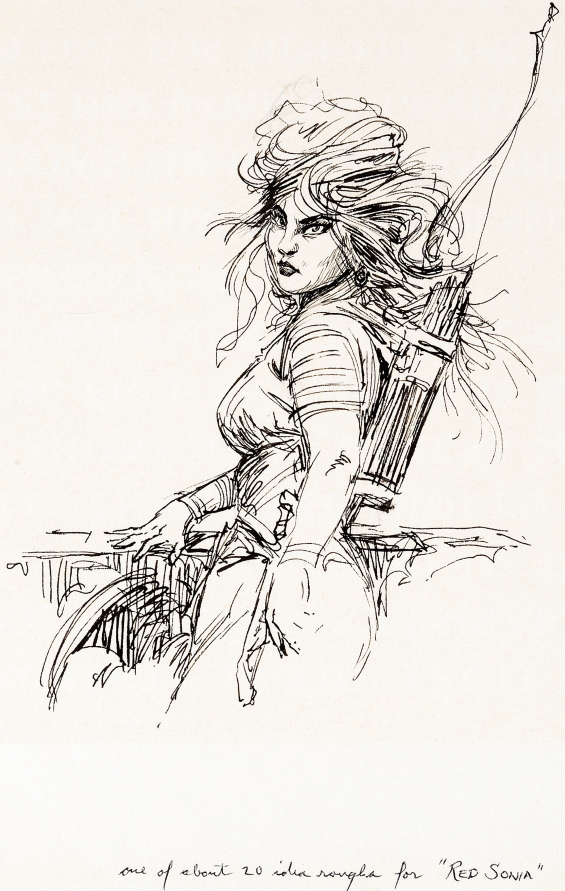
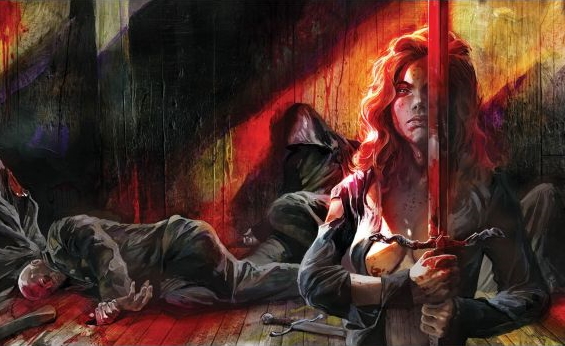
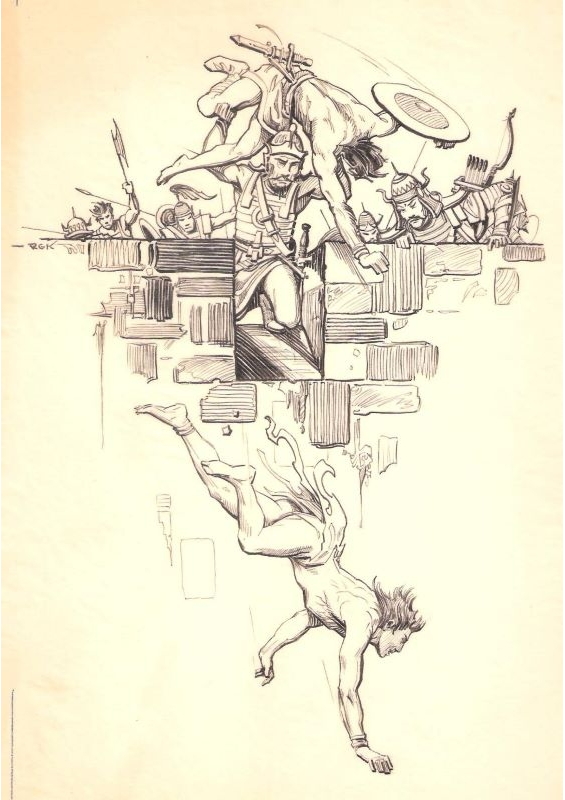
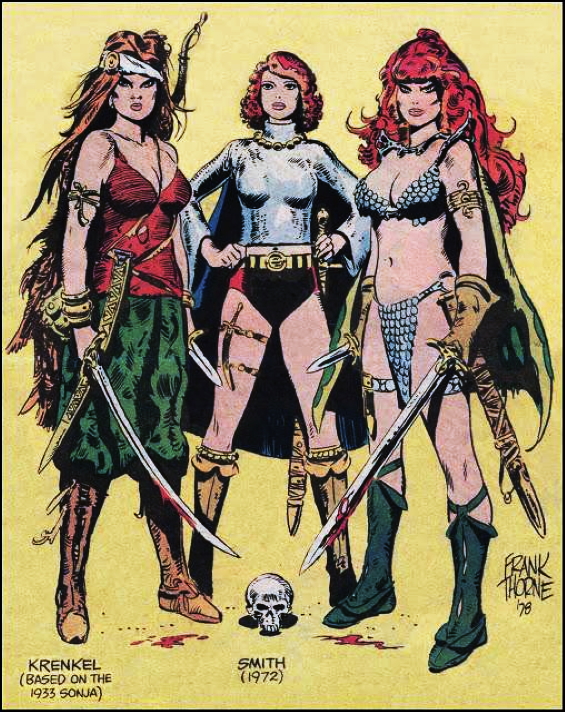
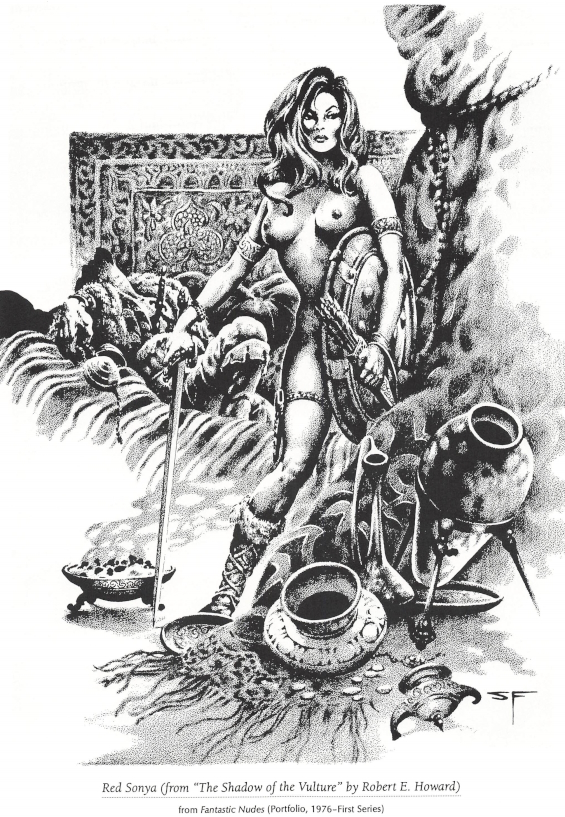
Posted by Jesse WillisBecome a Patron!
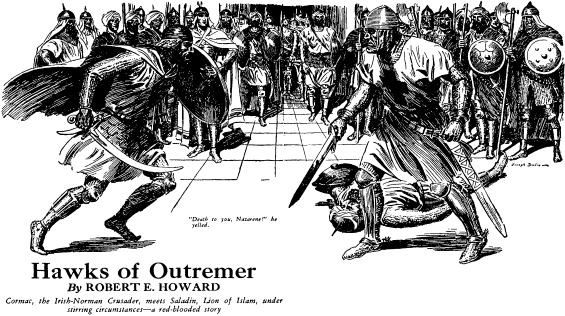
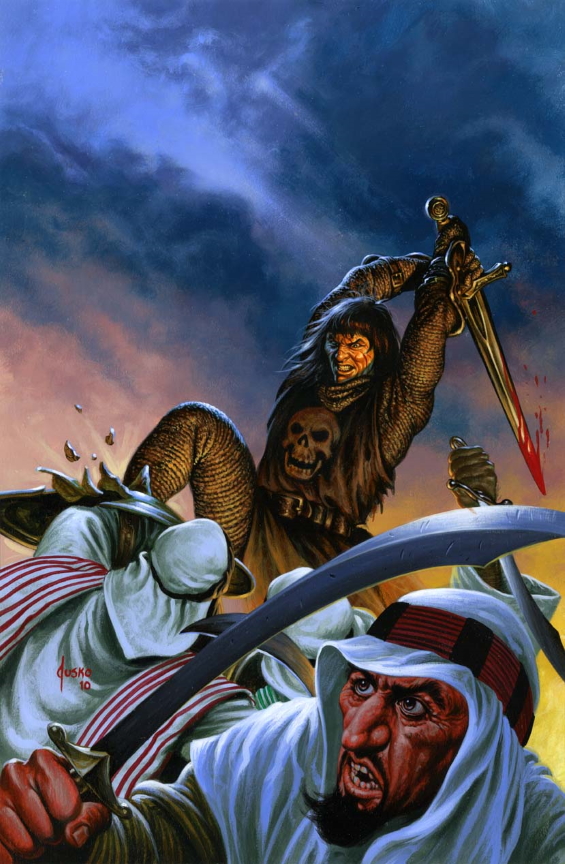
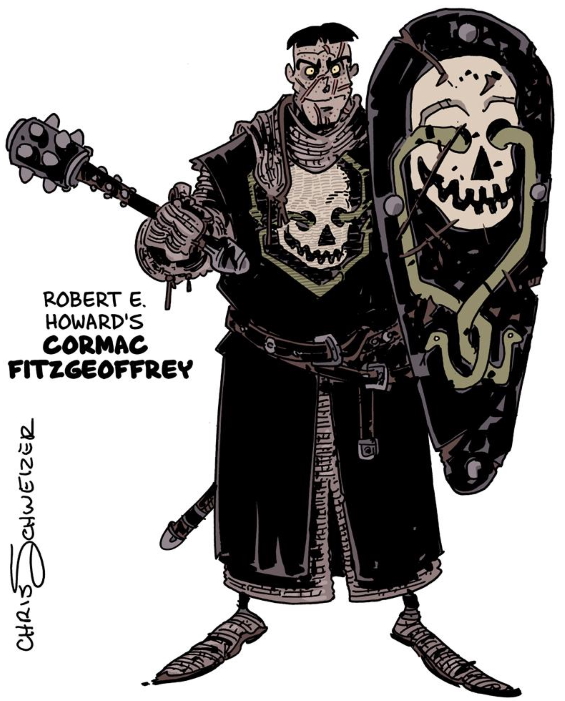

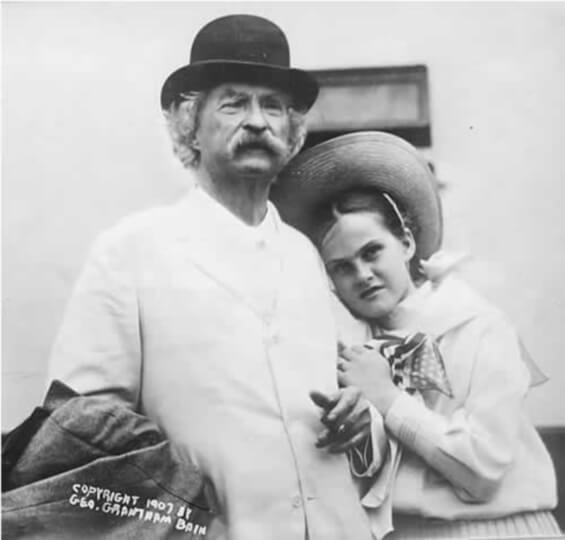

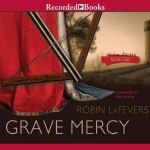

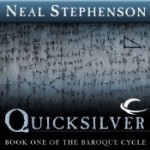
 Eaters of The Dead
Eaters of The Dead